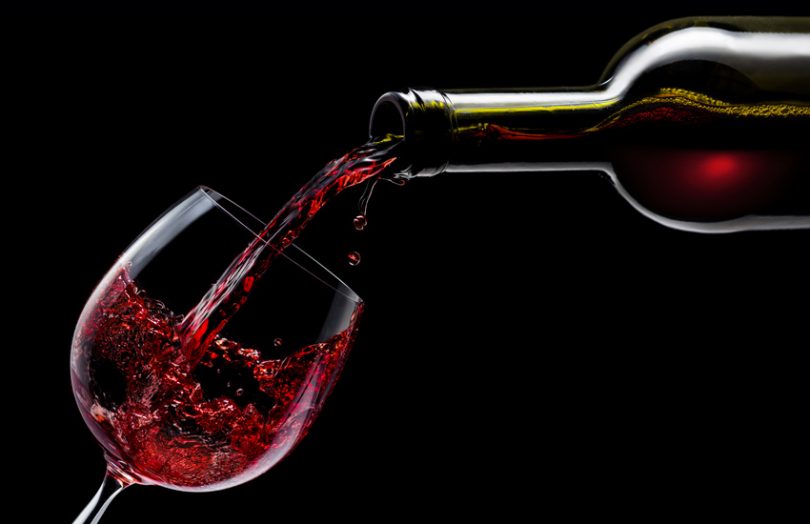Today, wine shipment analysis and monitoring firm eProvenance and IBM jointly announced the launch of eProvenance’s blockchain platform, VinAssure. How wines are stored and the temperature conditions in transit can critically impact the taste. VinAssure securely tracks the wine throughout the supply chain, from the vineyard to the consumer.
VinAssure leverages IBM’s Blockchain Transparent Supply, which uses various technologies, such as AI, blockchain, and the cloud. It’s underpinned by the same technology used in IBM Food Trust but with a separate ecosystem of users, and the network has its own governance.
Transparently tracking wine through blockchain allows for increased accountability and the speedy exchange of information. In turn, this helps winemakers identify inappropriate transport conditions, misinformation, and other supply chain errors. Distributors, restaurants and retailers can ensure the quality of their purchases.
VinAssure already has its first member, the U.S.-based wine, cider, and spirits importer, De Maison Selections. Other winemakers are planning to join, including U.S.-based Ste. Michelle Wine Estates and the French Maison Sichel. As more members join the platform, consumers can use identifiers on the wine bottles, such as QR codes, to access the supply chain information. This enhances consumer trust in the product’s certification standards, quality, and also in the winemaker. Information such as organic and sustainability practices can be included.
“No one wants to open a bottle of wine and discover it’s been cooked. When the supply chain fails to maintain proper temperature conditions, that’s precisely what can happen,” said Robin Grumman-Vogt, CEO of eProvenance. “VinAssure is designed to bring collaboration and clarity to an often-chaotic supply chain.”
“Having an immutable digital record of transactions and conditions simplifies processes and represents the future of moving sensitive goods,” said Raj Rao, IBM Blockchain Platforms General Manager. “It also provides the end consumer with greater information that the wine they purchased tastes as the winemaker intended and reflects the immense care that went into producing that wine.”
The wine and spirits industry has increasingly realized the benefits of blockchain technology, not only for ensuring the quality of the product but also for combating fraud. In April, blockchain provenance firm Everledger launched anti-tamper bottle closures to prevent counterfeiting through the use of blockchain.
More recently in September, Australian agritech firm Entrust announced it would use Hedera Hashgraph’s public distributed ledger for food and wine traceability. This is in an attempt to combat wine fraud by enabling consumers to verify a bottle’s authenticity.






